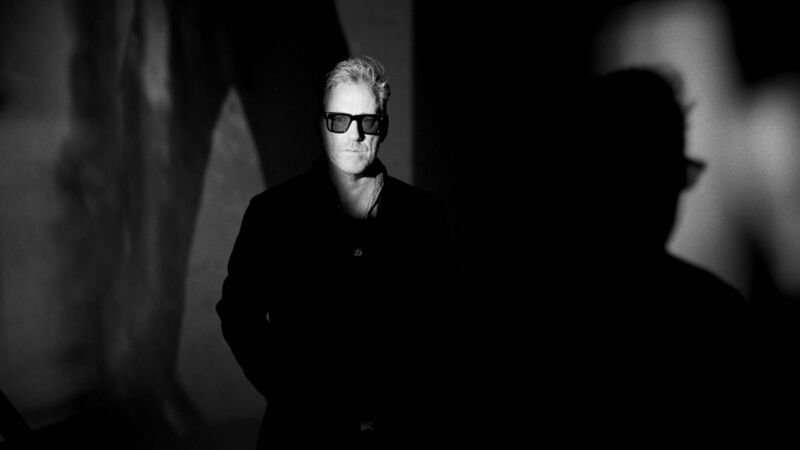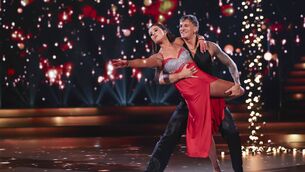Culture That Made Me: David Holmes on Orbital, Sinéad O'Connor and La Dolce Vita

David Holmes. Picture: Steve Gullick
David Holmes, 55, grew up in Belfast. As a young DJ, he ran a revered club night, Sugar Sweet, in war-torn Belfast. In 1995, he released , the first of several studio albums. He has produced the likes of Primal Scream and Manic Street Preachers, and remixed tracks from Orbital to U2. He’s perhaps most regarded for soundtracking films for Steven Soderbergh, Michael Winterbottom and Steve McQueen. He’s a headliner Sunday at Beyond the Pale Festival, Glendalough, Co Wicklow. See: www.itsbeyondthepale.ie.




